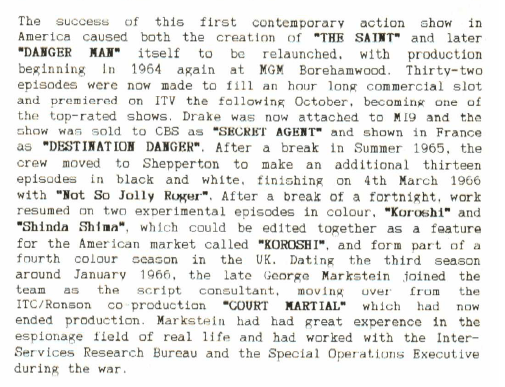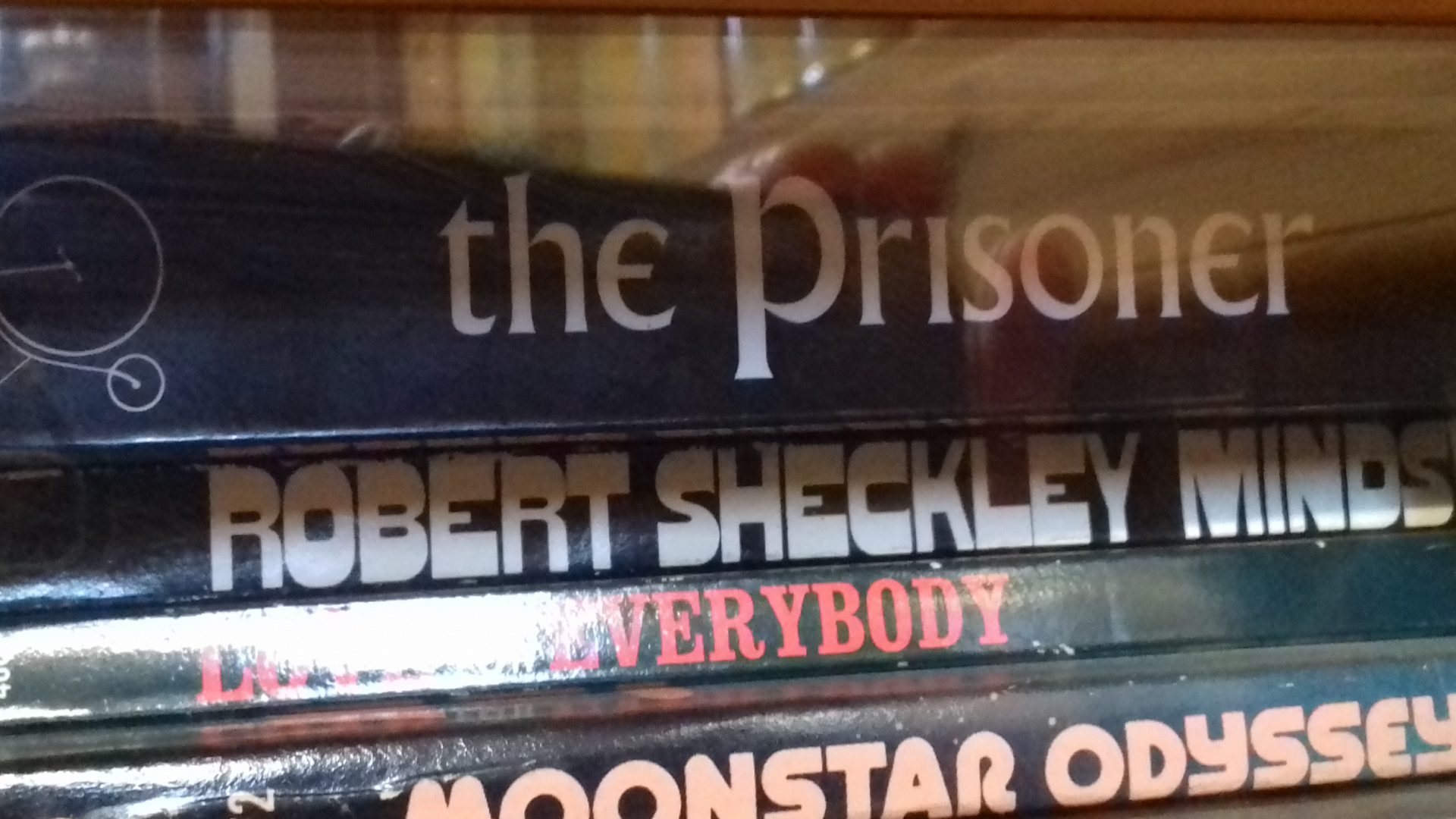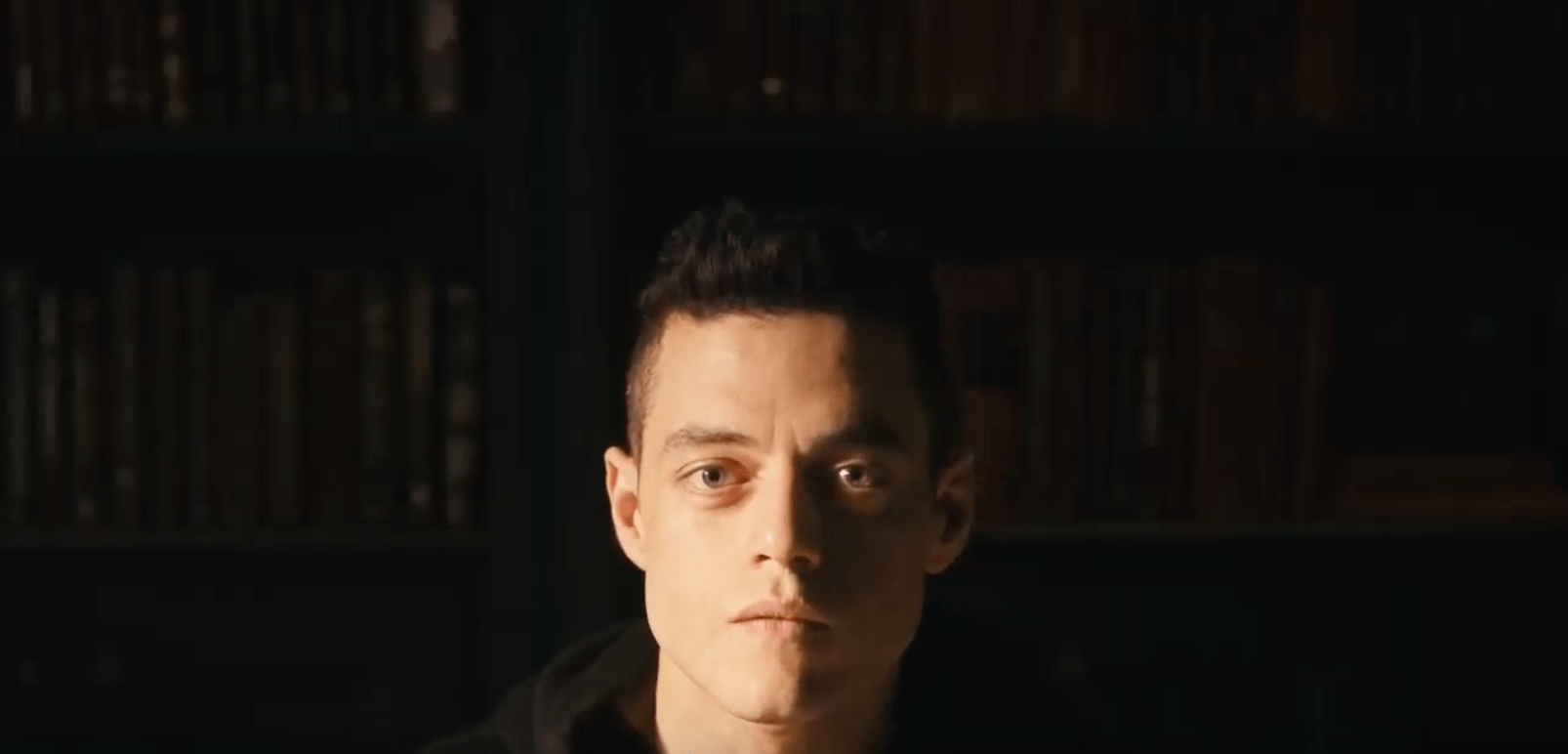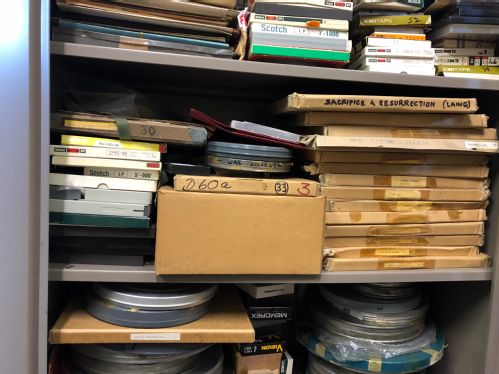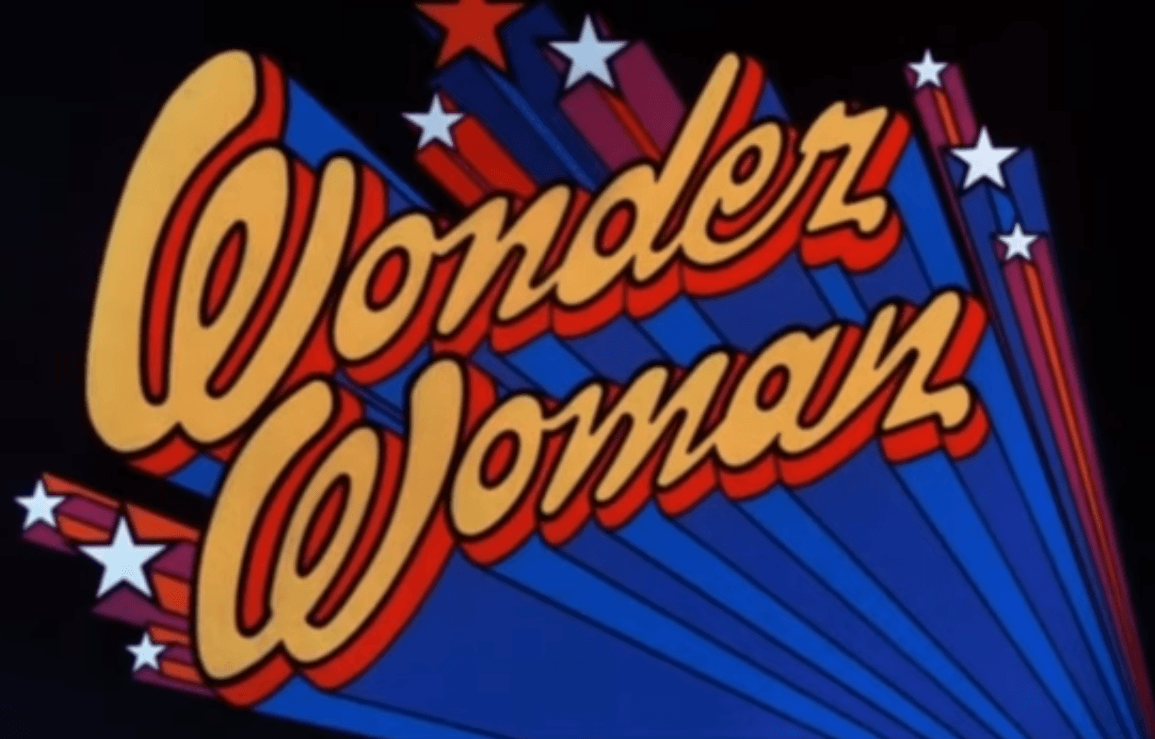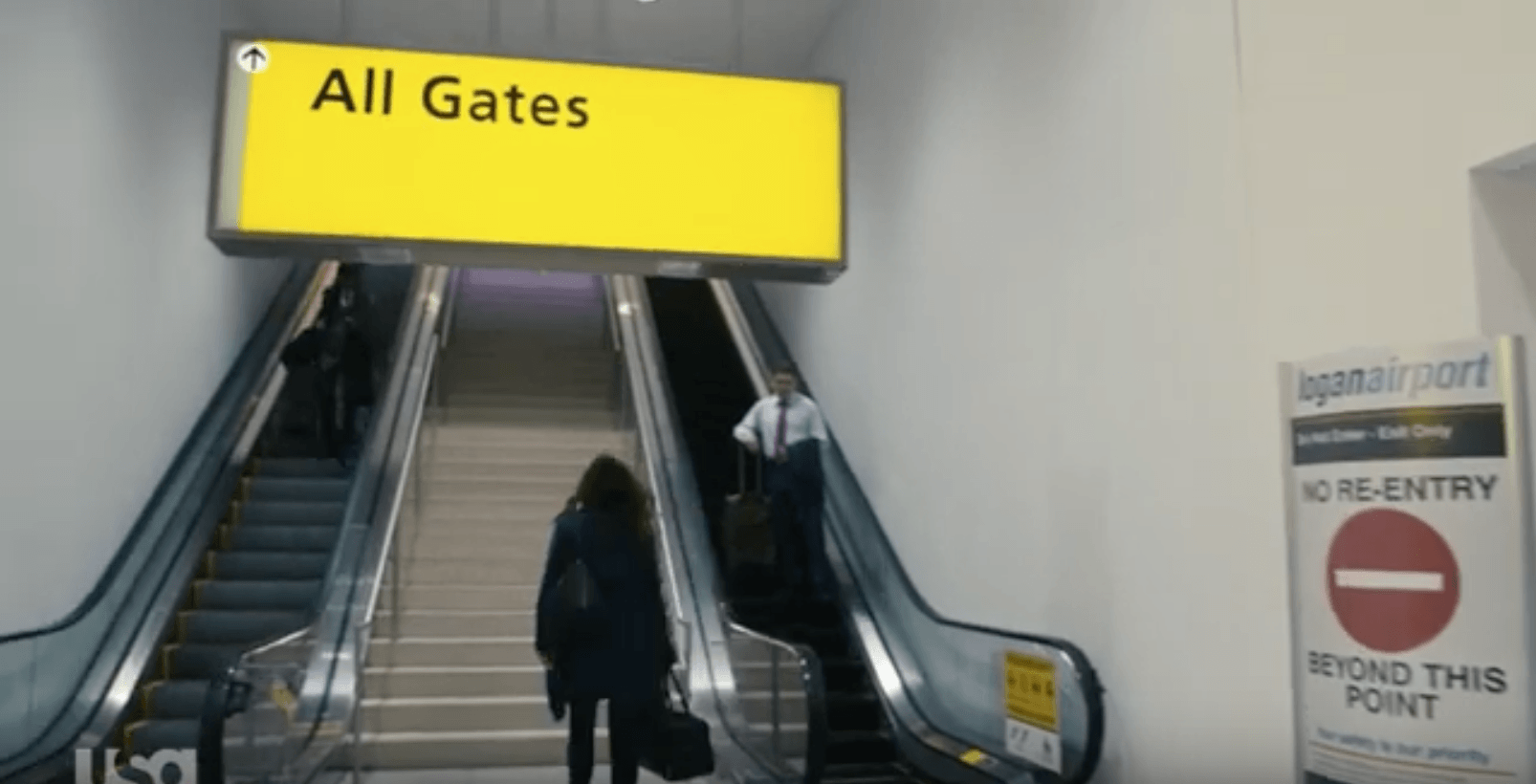
My last paper described the teaching and learning experiences of a new module I introduced to level 6 students on factual TV. It primarily dealt with the first half of this new module – Informational factual TV programming. Informational programming includes TV genres such as Current Affairs, History and Science TV, and Wildlife TV. As described in my last post, the module is built around two fundamental premises.

